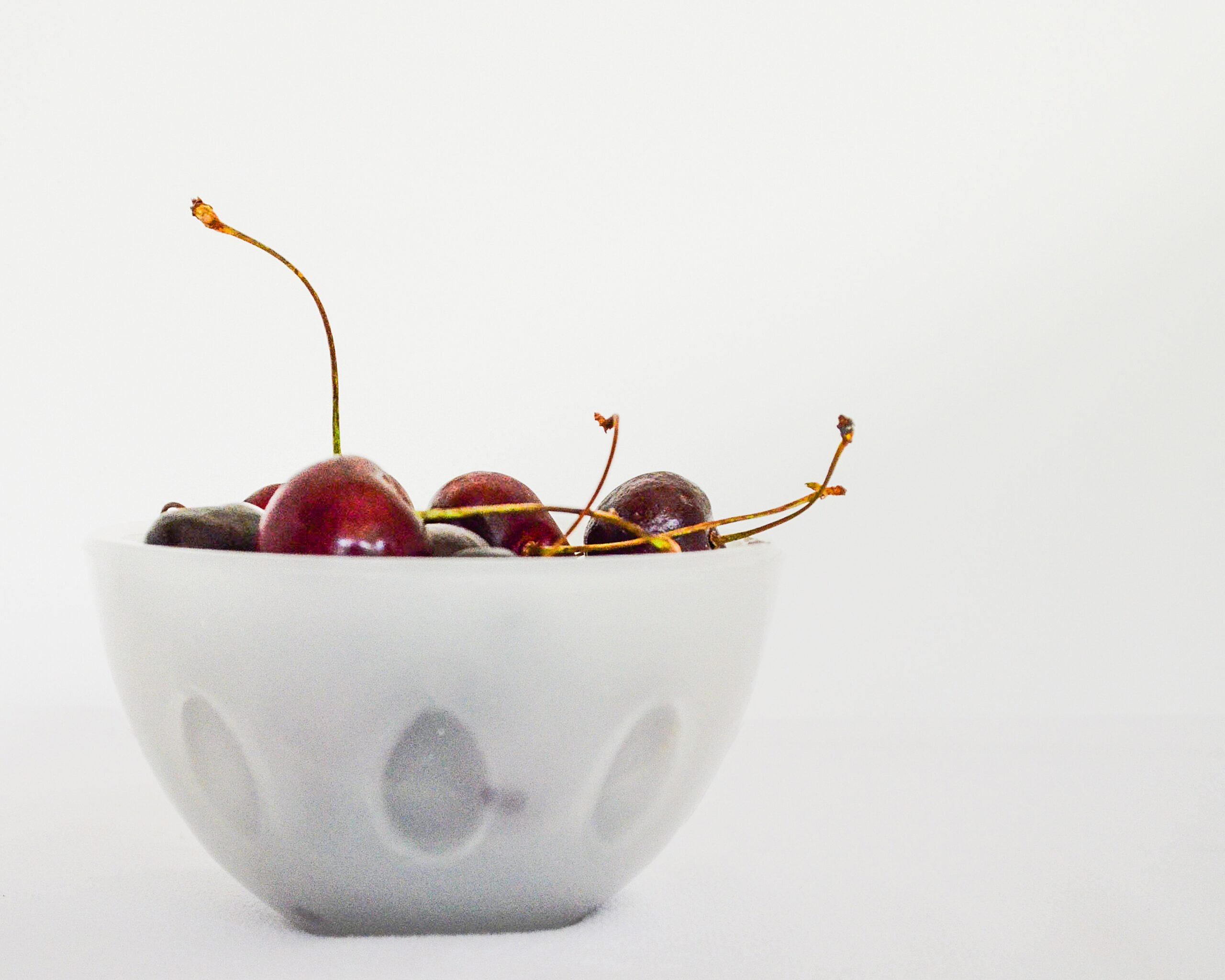June 7th, 2018
11 Natural Ways to Relieve Sore Muscles
 Sore muscles are a total bummer!
Sore muscles are a total bummer!
But luckily we’ve got some natural tips to help ease those achy muscles. So, what causes muscle pain?Muscle pain can be caused by a variety of issues including hard workouts, dehydration, lack of certain nutrients, and fibromyalgia, etc. The cause of the muscle soreness will also determine the type of treatment that may help to provide relief.
Here are 11 Natural Ways that you can relieve sore muscles:
First, you need to know categorize what type of soreness you have. We break this into two types: exercises related aches and pains, and general soreness.
Exercise related aches and pains are often due to minor muscle damage done during exercise, dehydration, and insufficient nutrients and electrolytes provided post-exercise.
General muscle soreness and pains may or may not be related to chronic conditions, but most sore muscles can find relief with a few natural remedies.
Relieve exercise-related muscle soreness with:
- Tart cherry juice.
Research suggests that the anthocyanins (a compound loaded with antioxidants) may help to reduce inflammation within the muscle. So try drinking 4-6 oz pure, unsweetened tart cherry juice, or even add a few tart cherries to your trail mix or oatmeal in the morning. - Beet Juice.
Beets are loaded with natural electrolytes- potassium and sodium, and can help to naturally replenish electrolytes lost through sweat during an exercise bout. Other electrolyte-rich beverages that may help to replenish those lost through sweat include coconut water, and other juices made of red, orange, and yellow produce as well. - Coffee.
Research suggests that drinking 1-2 cups of coffee pre-workout may help to prevent or reduce post-exercise muscle soreness due to its ability to block adenosine, a compound that can cause pain. Watch out though, too much coffee (and caffeine in general) can be dehydrating, so keep that in mind. Dehydration can also cause sore muscles! - Water.
Water is absolutely essential to preventing muscle soreness both in post-exercise situations and in general. Many people who experience muscle soreness are actually dehydrated (ever had a charlie-horse in the middle of the night? likely related to dehydration). If you have trouble remembering to drink your water, set yourself a phone alarm or simply bring with you a reusable water bottle when you go places. This really helps!
Relieve general muscle soreness with:
- Fluids.
Fluids are key as they are pertinent to both exercise-related soreness and also to general muscle soreness. As previously mentioned, lack of adequate fluids is one of the most common causes of muscle cramps and soreness- even in people who do not exercise. It’s important to rethink how much fluid you give your body on a daily basis and make sure you’re getting around 2 liters (64 oz) daily. - Magnesium.
Considered an electrolyte, magnesium is key for preventing muscle soreness and cramping. With the increase in consumption of processed foods in the US and around the world, research is suggesting that many people may not get enough magnesium- and you should also know that it’s also great for promoting restful sleep. I usually recommend about 300 mg of magnesium before bed, both for muscle soreness and sleep. - Epsom salts.
Epsom salt is a classic remedy for sore muscles. Made of magnesium sulfate, Epsom salt help to relax sore and tense muscles by providing the key electrolyte-magnesium through the skin (your body may actually be able to best absorb magnesium this way); additionally, the warmth of the bathtub may also help to relax sore and tense muscles. An Epsom salt bath works well both for post-workout soreness and also for general soreness. - Massage therapy.
Nothing feels better than a massage, and massage can act as a form of meditation for many, which in itself can provide relaxation and relief from tension. Massage therapy has been found to be powerful in helping to relax sore and tense muscles. - Capsaicin.
One of the main compounds found in spicy peppers may be able to help with pain relief. When applied topically in the form of a cream, capsacin may promote the release of a compound called substance P that may help naturally to promote pain relief. Topical capsacin has long been used to prevent pain relief in many chronic diseases that cause muscle aches and pains. - Exercise.
Exercise for relief of muscle pain may sound counter-intuitive, however getting active is one of the key components to preventing muscle soreness and other aches and pains. Our bodies were made to move, and our sedentary lifestyle that includes sitting most of the day can cause severe muscle pains in itself. Go for a leisurely walk, take part in a gentle yoga class- simple movement really helps! - Meditation.
Meditation and other similar practices that promote relaxation can help to ease stress, which allows for improved relief of tension often held in our muscles and in our bodies. Try simply starting with 1-2 minutes, 5 breaths in and 5 breaths out. Even this small amount will help you!




